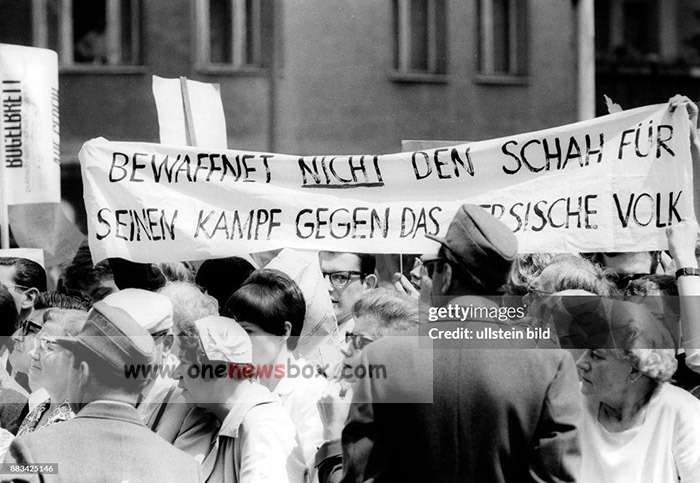At the root of these suspicions lay a profound belief in the omnipotence of Western powers. In the Shah’s view, America and Britain were not just powerful nations—they were almost omniscient entities capable of manipulating events at will. This belief led him to suspect that if the revolution was unfolding, it must have been allowed or caused by the West. He could not accept the possibility that a domestic revolution could be genuinely popular or that his own policies—economic disparities, political repression, alienation of religious leaders—might have played a decisive role in his downfall.
This mindset led the Shah to adopt an increasingly passive and fatalistic stance in his final months. Instead of confronting the growing unrest with clarity and reform, he stalled, made partial concessions, and seemed to be waiting for a signal from Washington or London. He was convinced that these countries held the key to his survival—or his demise. In October 1978, after flying over Tehran and witnessing massive protests, he reportedly remarked that only foreign powers could organize such a display. That same night, he summoned the American and British ambassadors and, with bitterness in his voice, asked: “What have I done to you?” He compared the betrayal to the Yalta Conference, where the West had handed Eastern Europe over to Stalin.

